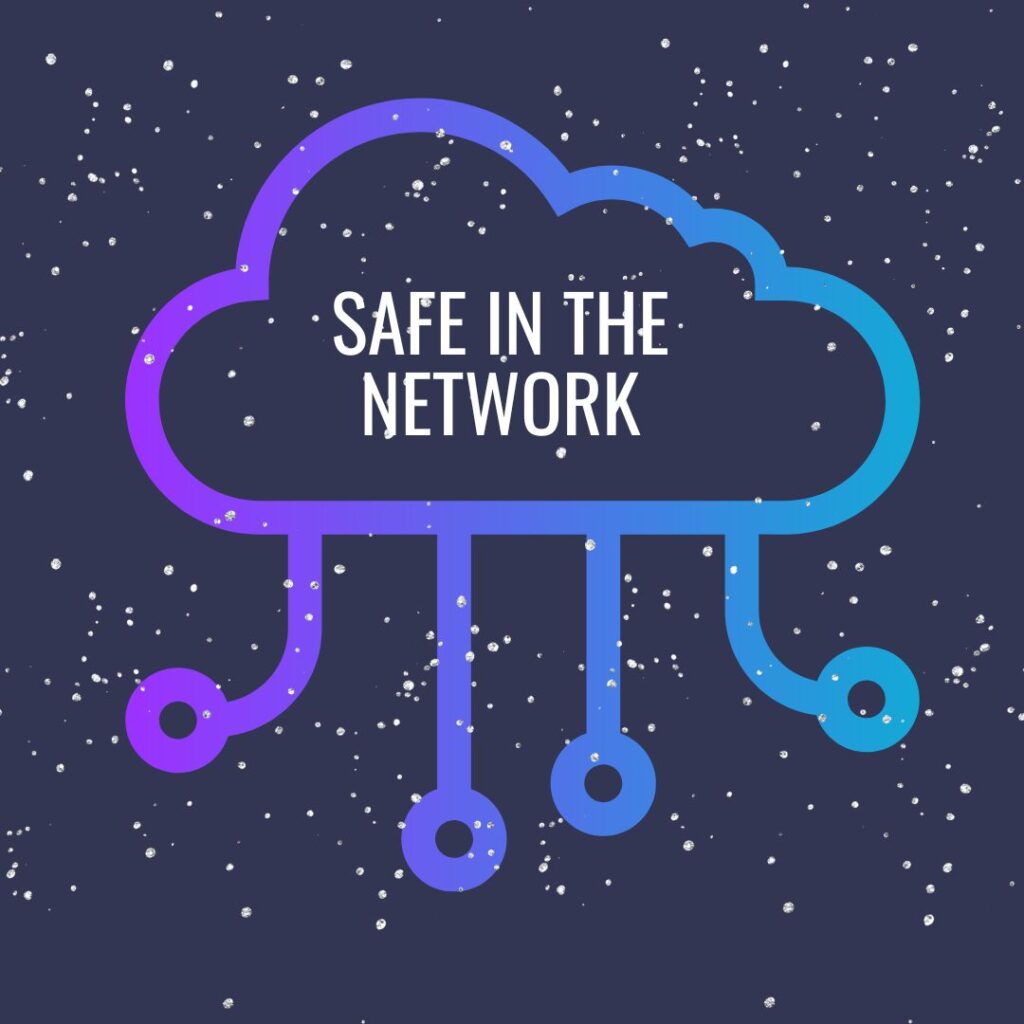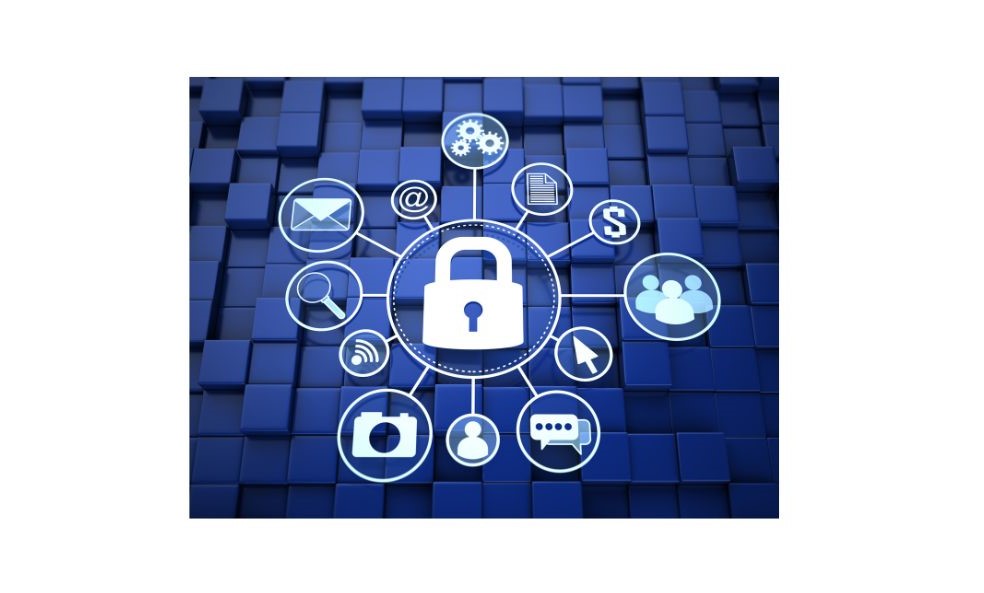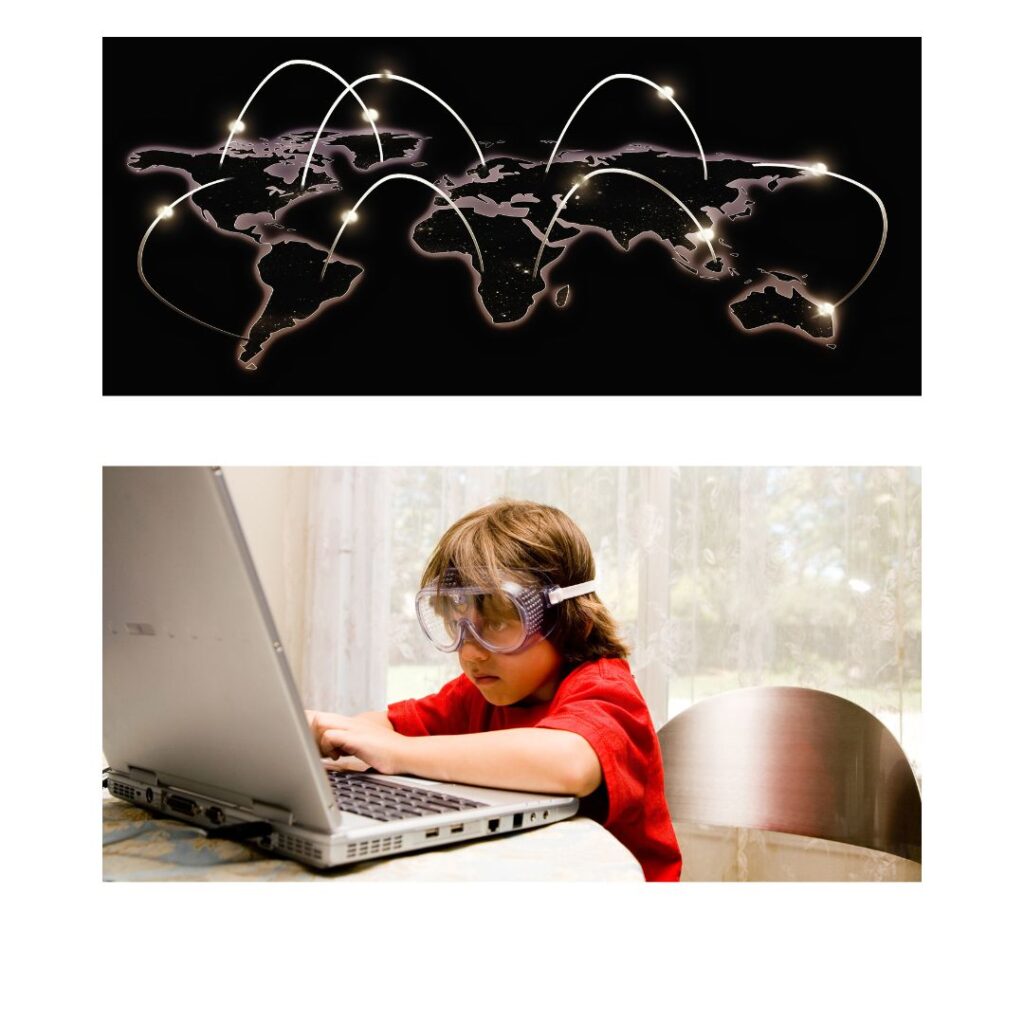
The Internet is a huge source of information. It has many positive sides, but we can expose ourselves to a risk that is not apparent at first glance.
Some of the most dangerous threats on the network include:
• Malware, ie different types of viruses, fake websites
• SPAM, unwanted or unnecessary electronic messages
• Phishing one of the most popular hacking attacks via email and SMS by opening suspicious and virus links
• Cracking passwords that are too simple
• Inappropriate content for minors that could affect their psyche in the future
• The assumption of a false identity is the unlawful possession and use of another person’s personal data
• Online-Hejt and fake news
• Violation of privacy, stalking
• Hackers, i.e. people who exploit vulnerabilities in computer software
• Paedophilia
• Internet addiction, which is a dependency on the Internet.
• Open WiFi networks
• Cyberbullying is one of the biggest threats because of the consequences it entails. This is electronic aggression, i.e. bullying via the Internet.

The main principles of staying safe on the Internet:
• Set strong passwords (periodically change the passwords of your internet accounts)
• Use only networks that you trust.
• Use dongles.
• Use anti-virus software.
• Do not open suspicious emails or websites
• Update your browser and operating system.
• Don’t forget to log out of websites

A strong password
Without a strong password, anyone can enter your online account and take whatever they want from it. Internet criminals can hack into your mailbox, hijack your messenger passwords. profle on a social networking site, as well as to an auction site or an online store. In addition, they can change your password to a different one and use the account to proliferate malware or spam